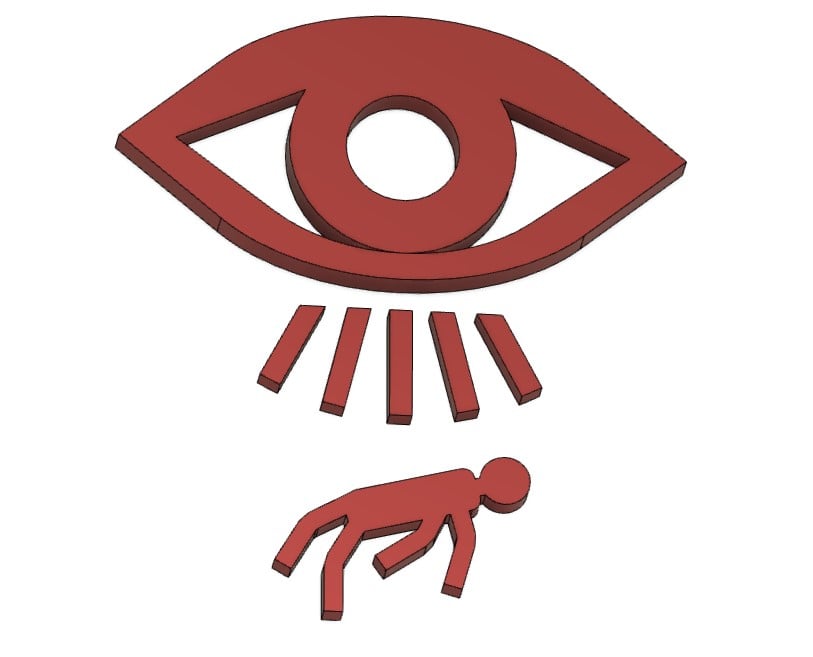I have a 2 bay NAS, and I was planning on using 2x 18tb HDDs in raid 1. I was planning on purchasing 3 of these drives so when one fails I have the replacement. (I am aware that you should purchase at different times to reduce risk of them all failing at the same time)
Then I setup restic.
It makes backups so easy that I am wondering if I should even bother with raid.
Currently I have ~1TB of backups, and with restics snapshots, it won’t grow to be that big anyways.
Either way, I will be storing the backups in aws S3. So is it still worth it to use raid? (I also will be storing backups at my parents)
I always do some level of RAID. If for no other reason, I’m not out of commission if a disk fails. When you’re working with multi TB, restoring from a backup can take a while. If rapid recovery from a disk failure is not a high priority for you, then you could probably do without RAID.
Either way, make sure you test your backups occasionally.
Another way to put it: With RAID, a disk failure is like your Check Engine light coming on. You can still drive, but you should address the problem as soon as you can. Without RAID, it’s like your engine has seized up and you have to tow it for repair and are without your car until it’s fixed.
Hmm that’s a good point.
Aws also can cost a good chunk if you restore un-optimally
Keep in mind that if you set up raid using zfs or btrfs (idk how it works with other systems but that’s what I’ve used) then you also get scrubs which detect and fix bit rot and unrecoverable read errors. Without that or a similar system, those errors will go undetected and your backup system will backup those corrupted files as well.
Personally one of the main reasons I used zfs and now btrfs with redundancy is to protect irreplaceable files (family memories and stuff) from those kinds of errors, as I used to just keep stuff on a hard drive until I discovered loads of my irreplaceable vacation photos to be corrupted, including the backups which backed up the corruption.
If your files can be reacquired, then I don’t think it’s a big deal. But if they aren’t, then I think having scrubs or integrity checks with redundancy so that issues can be repaired, as well as backups with snapshots to prevent errors or mistakes from messing up your backups, is a necessity. But it just depends on how much you value your files.
Yes yes yes yes yes
Raid1 that thing and sleep easier. Good on you for having a cold spare, and knowing to buy your drives at different locations/times to get different batches. Your head is in the right place! No reason to leave that data unprotected if you have the underlying tech and hardware.
I absolutely would, for a few reasons:
- restoring from backup is a last resort and involves downtime; swapping a disk is comparatively easier and less disruptive
- it’s possible your backup solution fails, so having some redundancy is always good
- read performance - not a major factor, but saturating a gigabit link is always nice
It’s up to you. Things to consider:
- Size of data
- Recovery speed (Internet speed)
- Recovery time objective
- Recovery point objective (If you’re backing up once per day, is it okay to lose 23 hours of data when a disk fails?)
If your recovery objectives can be met with the anticipated data size and recovery speed, then you could do RAID 0 instead of RAID 1 to get higher speeds and capacity. Just know that if you do that, you better be on top of your backups because they will be needed eventually.
Depends, how much do you value your data? Is it all DVD rips where you still have the DVDs? Nah you don’t really need raid. Are they precious family photos where your only backup copy is S3? Yeah I’d use raid for that, plus having a second copy stored elsewhere.
Plus as others have mentioned there’s checks on your data for bitrot, which absolutely does happen.
i was also thinking like this, then i had to restore everything from a backup when the ssd suddenly died. I wasted so much time setting everything back as before
RAID is a great backup alternative.
/s



